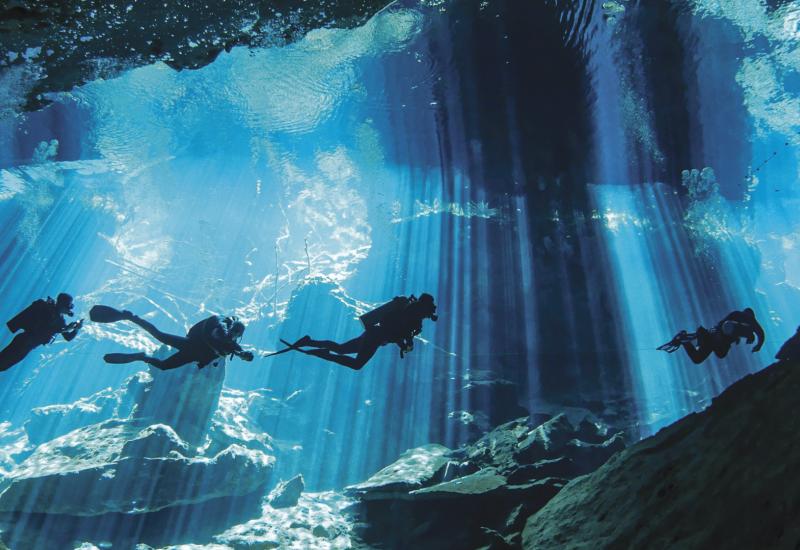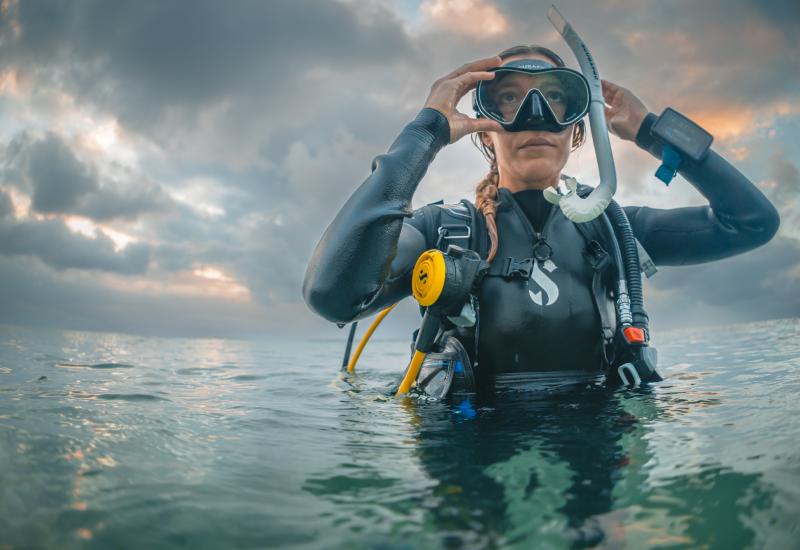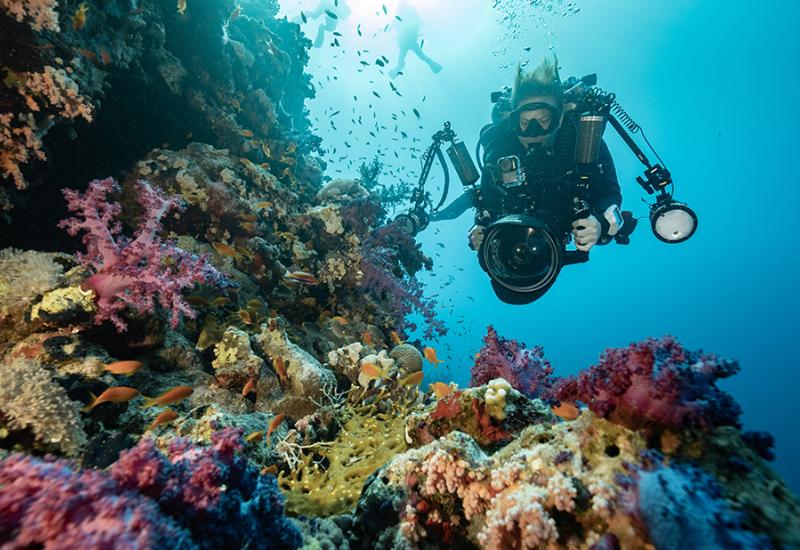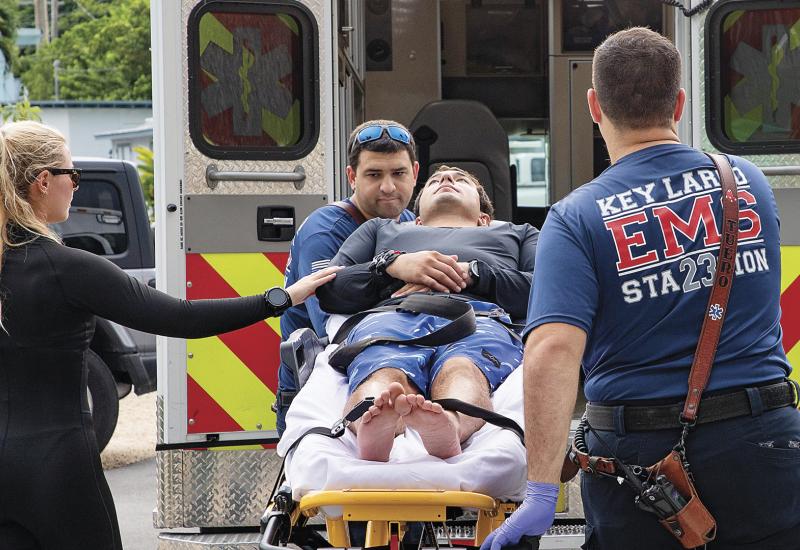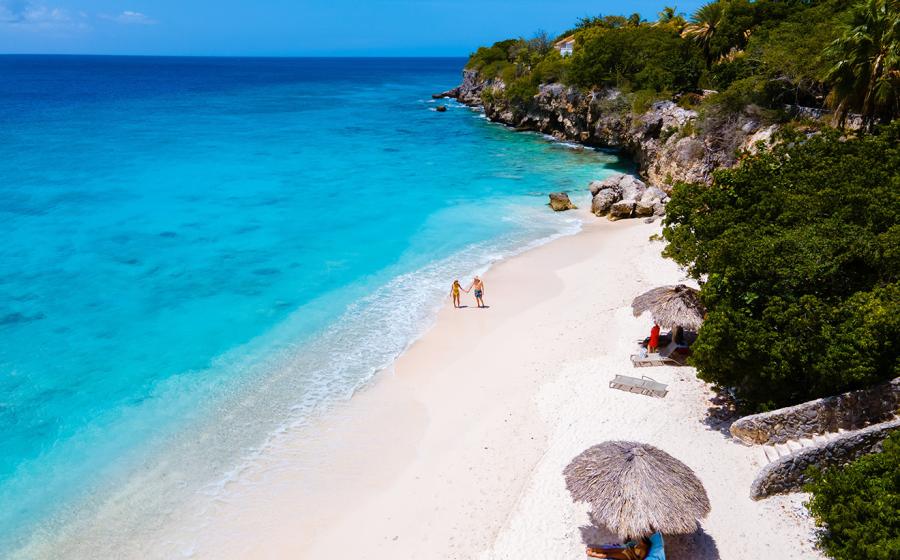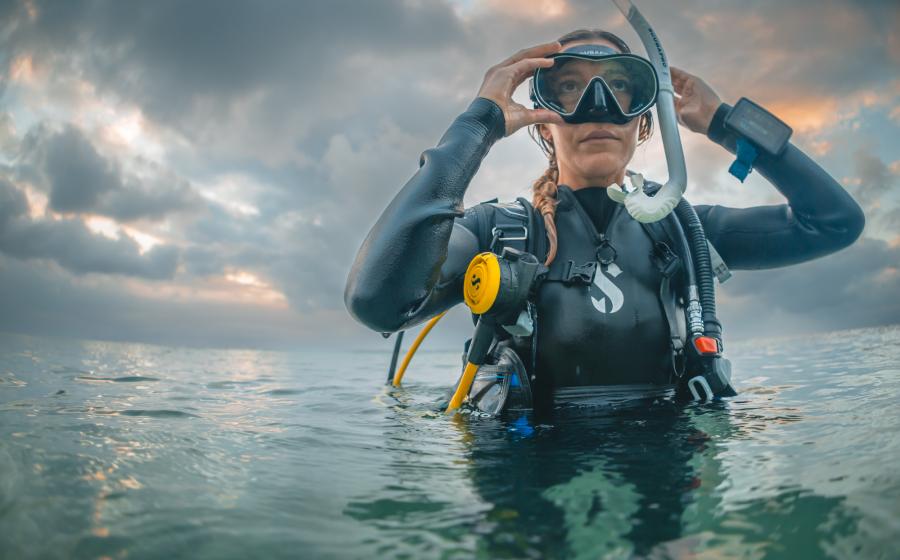Lessons for Life: Drugs and Diving Don't Mix

Lessons for life
Jori Bolton
Alton loved the peaceful feeling he got from cave diving. Friends of his, even other cave divers, got nervous or tense when the walls got close, but that was when Alton felt most at home, reveling in the adrenaline pumping through his veins.
He also liked to catch a little buzz before he went for a dive. He could get lost in the feeling of relaxation, just swimming slowly for hours, exploring and experiencing sights and places no other human had ever seen. He could almost lose track of time, just floating. Until he did.
THE DIVER
An experienced cave diver, Alton was 40, fit and in generally good health. He liked to have the occasional cheeseburger, and his doctor had warned him about his cholesterol, but other than that, he was in good shape.
He rarely drank and didn’t smoke cigarettes. But he did smoke pot. He liked the relaxing feeling it gave him, but there was more to it than that. He often told his friends that smoking marijuana helped him focus on the task at hand. He felt he could do most things better “with a little buzz,” than when he was “straight.” He thought pot made him more aware of what was going on around him.
THE DIVE
Alton was exploring a new cave system he and his buddies had found. A couple of other divers were in the water at the same time, exploring different sections of the system, but Alton was effectively alone. He wanted to map a narrow passage and didn’t think there was room for more than one person in the space.
Alton arrived at the dive site with a slight head cold. Rather than putting of the dive, he took some cold medicine to help him equalize and keep his sinuses dried out. Other than that, everything about the dive was normal. Just before he got in the water, as was his habit, Alton took a couple of hits from a joint.
The maximum depth for the dive was 100 feet. Alton was using mixed gas to reduce the decompression requirements of the dive, and had planned it as a decompression dive. Alton placed two stage bottles just inside the cave mouth, behind a couple of rocks so no one would move them. When he finished the dive, he would use them to decompress and off-gas the nitrogen that had accumulated in his body. The tanks contained a breathing-gas mix with a high concentration of oxygen. He didn’t want to take them with him because accidentally breathing from one at depth would cause him to have a seizure. Leaving them behind also kept him from having too large a load inside the narrow passageways.
THE ACCIDENT
Alton made good progress into the cave system. He had moved slowly, mapping everything he saw. He was already thinking about what they would need to explore even deeper into the cave the next time.
Heading back to the surface, Alton reeled in his cave line as he swam. He glanced at the map he had sketched during the dive and smiled. He loved the feeling of “getting there first,” and knew his buddies were going to be impressed.
Nearing the surface, Alton’s thoughts shifted ahead to deco and the boredom that came with it. It was a necessary evil, but it nonetheless frustrated him. Still, he knew he had pushed the dive alittle bit, breathing into his reserve. He wasn’t about to cut corners with deco. He thought he should be getting close to his stage bottles and looked forward to starting the process — the sooner it began, the sooner he could surface.
Rounding a bend that Alton thought would lead to the exit, he took a breath to find that there was no air. In confusion he looked at his pressure gauge and realized he was out of air. His eyes darted forward, scanning the cave ahead for the stage bottles and his deco gas.
He would be fine if he could make it to those tanks quickly. They should be right there, he thought.
But Alton wasn’t where he thought he was. He hadn’t made it back to the entrance yet. He tried swimming forward as quickly as he could, following the cave line, but he was out of breathing gas. And out of time.
Rescuers recovered Alton’s body 150 feet from the decompression tanks he had staged near the entrance to the cave. The tanks on his back were empty.
ANALYSIS
Cave divers follow the Rule of Thirds, using one-third of the breathing gas they carry for the exploration, heading away from the cave entrance. The second third is used for the return to the surface. The final third (at least) is held in reserve, in case there is an emergency. Alton broke this basic rule and paid the ultimate price. The medical examiner ruled Alton’s death a drowning due to insufficient air and entrapment in a cave.
In this column, I often talk about triggering events that lead to the actual problem that causes the dive accident. In this case, the trigger was Alton’s intoxication. His blood toxicology included cannabinoids from the marijuana and codeine from the cold medicine. Either the medication or the drug in his system could have impaired Alton to the point that he made poor decisions. Combining the two, even accidentally, affected his judgment: He failed to follow his training, rules and experience.
Being “very experienced” doesn’t make you invincible. Very experienced divers can get in trouble because they violate their own rules, relying on their experience to make up for bad decisions. You might get away with it for a while, but eventually it catches up to you. The skills you learn during training and the rules and procedures of diving aren’t there to help you handle the dive when everything goes right: They are there for when things go wrong.
No matter your experience level, intoxication while diving is a bad idea. It doesn’t matter whether the intoxication is from cold medicine, alcohol or other drugs. In this case, it’s likely Alton would be here today if he hadn’t chosen to make a dive under the influence. Inside the cave, he made poor judgments quite likely because his decision-making was impaired.
Water is an unforgiving medium when you run out of air.
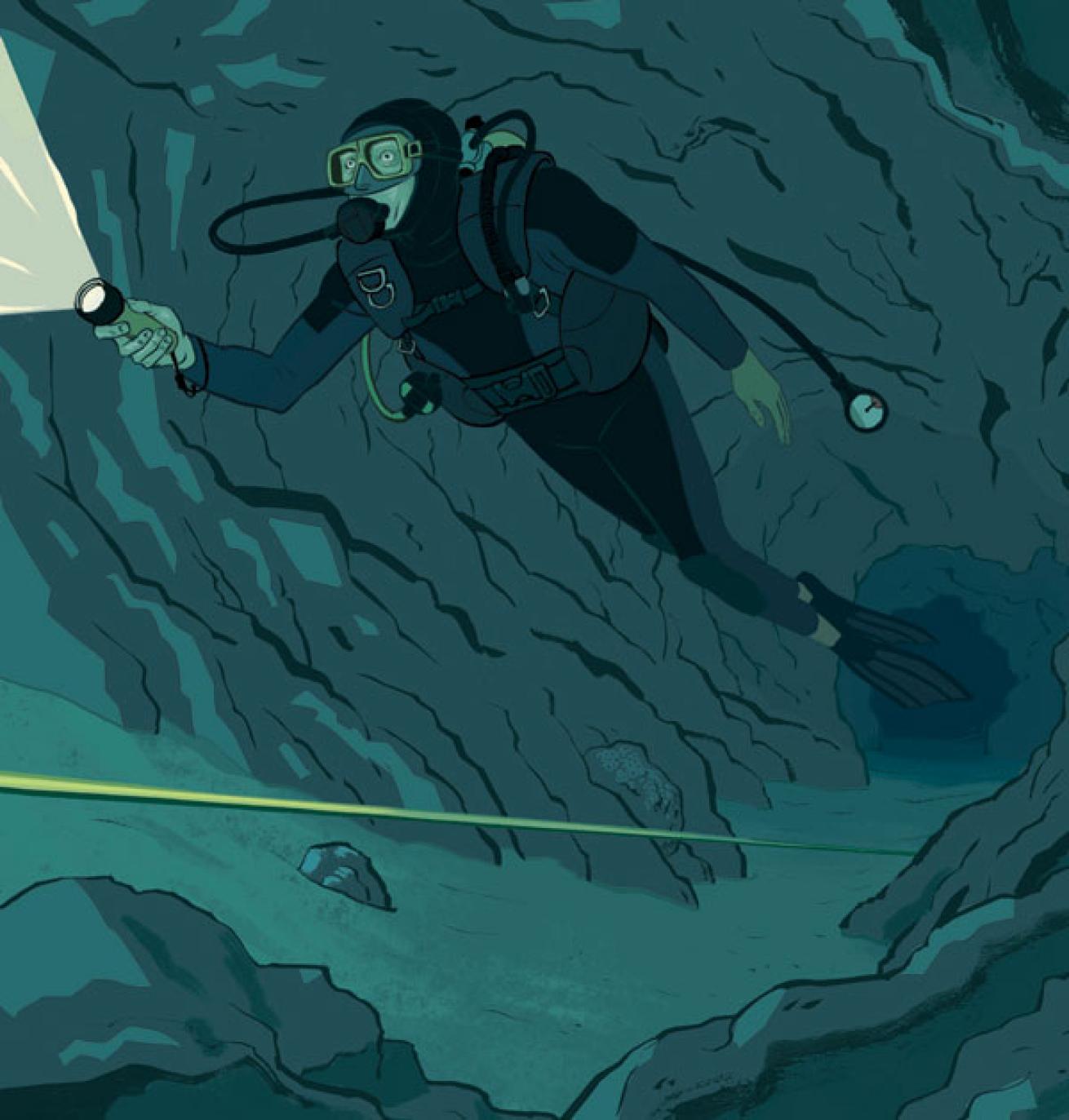
Jori BoltonBig mistakes lead to serious consequences in this edition of Lessons for Life.
Alton loved the peaceful feeling he got from cave diving. Friends of his, even other cave divers, got nervous or tense when the walls got close, but that was when Alton felt most at home, reveling in the adrenaline pumping through his veins.
He also liked to catch a little buzz before he went for a dive. He could get lost in the feeling of relaxation, just swimming slowly for hours, exploring and experiencing sights and places no other human had ever seen. He could almost lose track of time, just floating. Until he did.
THE DIVER
An experienced cave diver, Alton was 40, fit and in generally good health. He liked to have the occasional cheeseburger, and his doctor had warned him about his cholesterol, but other than that, he was in good shape.
He rarely drank and didn’t smoke cigarettes. But he did smoke pot. He liked the relaxing feeling it gave him, but there was more to it than that. He often told his friends that smoking marijuana helped him focus on the task at hand. He felt he could do most things better “with a little buzz,” than when he was “straight.” He thought pot made him more aware of what was going on around him.
THE DIVE
Alton was exploring a new cave system he and his buddies had found. A couple of other divers were in the water at the same time, exploring different sections of the system, but Alton was effectively alone. He wanted to map a narrow passage and didn’t think there was room for more than one person in the space.
Alton arrived at the dive site with a slight head cold. Rather than putting of the dive, he took some cold medicine to help him equalize and keep his sinuses dried out. Other than that, everything about the dive was normal. Just before he got in the water, as was his habit, Alton took a couple of hits from a joint.
The maximum depth for the dive was 100 feet. Alton was using mixed gas to reduce the decompression requirements of the dive, and had planned it as a decompression dive. Alton placed two stage bottles just inside the cave mouth, behind a couple of rocks so no one would move them. When he finished the dive, he would use them to decompress and off-gas the nitrogen that had accumulated in his body. The tanks contained a breathing-gas mix with a high concentration of oxygen. He didn’t want to take them with him because accidentally breathing from one at depth would cause him to have a seizure. Leaving them behind also kept him from having too large a load inside the narrow passageways.
THE ACCIDENT
Alton made good progress into the cave system. He had moved slowly, mapping everything he saw. He was already thinking about what they would need to explore even deeper into the cave the next time.
Heading back to the surface, Alton reeled in his cave line as he swam. He glanced at the map he had sketched during the dive and smiled. He loved the feeling of “getting there first,” and knew his buddies were going to be impressed.
Nearing the surface, Alton’s thoughts shifted ahead to deco and the boredom that came with it. It was a necessary evil, but it nonetheless frustrated him. Still, he knew he had pushed the dive alittle bit, breathing into his reserve. He wasn’t about to cut corners with deco. He thought he should be getting close to his stage bottles and looked forward to starting the process — the sooner it began, the sooner he could surface.
Rounding a bend that Alton thought would lead to the exit, he took a breath to find that there was no air. In confusion he looked at his pressure gauge and realized he was out of air. His eyes darted forward, scanning the cave ahead for the stage bottles and his deco gas.
He would be fine if he could make it to those tanks quickly. They should be right there, he thought.
But Alton wasn’t where he thought he was. He hadn’t made it back to the entrance yet. He tried swimming forward as quickly as he could, following the cave line, but he was out of breathing gas. And out of time.
Rescuers recovered Alton’s body 150 feet from the decompression tanks he had staged near the entrance to the cave. The tanks on his back were empty.
ANALYSIS
Cave divers follow the Rule of Thirds, using one-third of the breathing gas they carry for the exploration, heading away from the cave entrance. The second third is used for the return to the surface. The final third (at least) is held in reserve, in case there is an emergency. Alton broke this basic rule and paid the ultimate price. The medical examiner ruled Alton’s death a drowning due to insufficient air and entrapment in a cave.
In this column, I often talk about triggering events that lead to the actual problem that causes the dive accident. In this case, the trigger was Alton’s intoxication. His blood toxicology included cannabinoids from the marijuana and codeine from the cold medicine. Either the medication or the drug in his system could have impaired Alton to the point that he made poor decisions. Combining the two, even accidentally, affected his judgment: He failed to follow his training, rules and experience.
Being “very experienced” doesn’t make you invincible. Very experienced divers can get in trouble because they violate their own rules, relying on their experience to make up for bad decisions. You might get away with it for a while, but eventually it catches up to you. The skills you learn during training and the rules and procedures of diving aren’t there to help you handle the dive when everything goes right: They are there for when things go wrong.
No matter your experience level, intoxication while diving is a bad idea. It doesn’t matter whether the intoxication is from cold medicine, alcohol or other drugs. In this case, it’s likely Alton would be here today if he hadn’t chosen to make a dive under the influence. Inside the cave, he made poor judgments quite likely because his decision-making was impaired.
Water is an unforgiving medium when you run out of air.
About Lessons for Life
We're often asked if the Lessons for Life columns are based on real-life events. The answer is yes, they are. The names and locations have been removed or altered to protect identities, but these stories are meant to teach you how to handle a scuba diving emergency by learning from the mistakes other divers have made. Author Eric Douglas takes creative license on occasion for the story, but the events and, often, the communication between divers before the accident are entirely based on incident reports.

